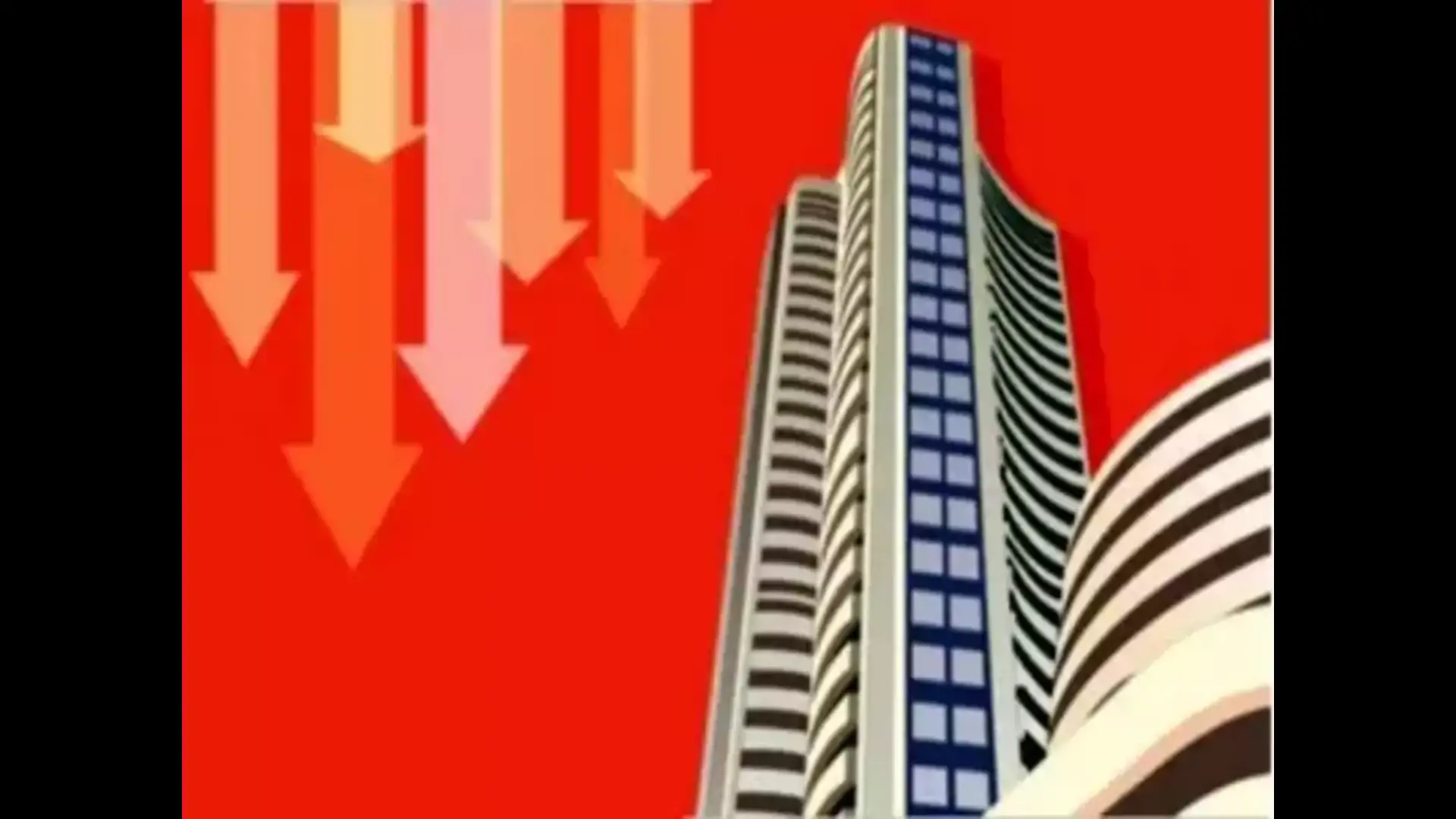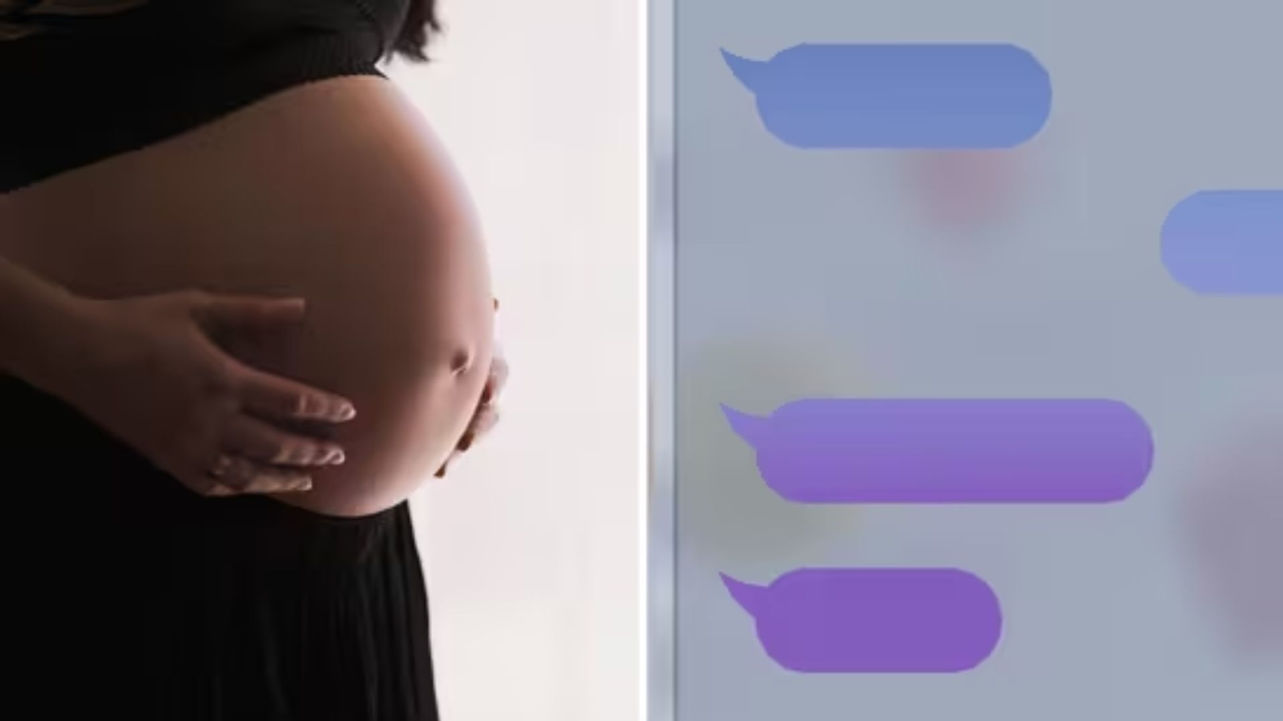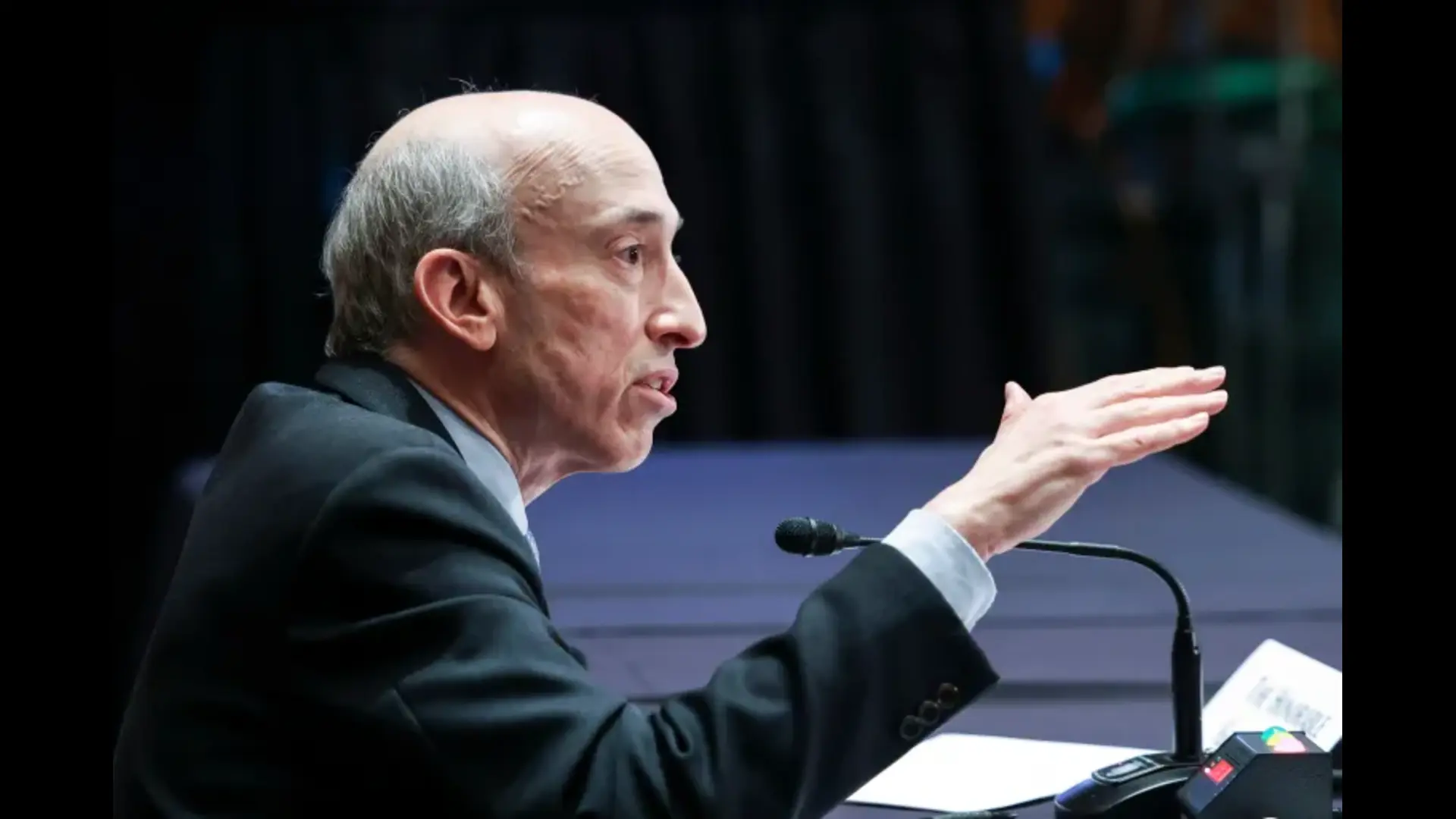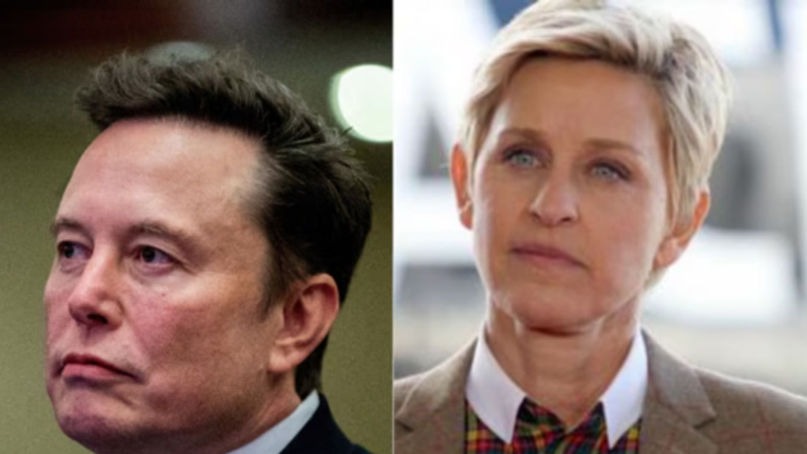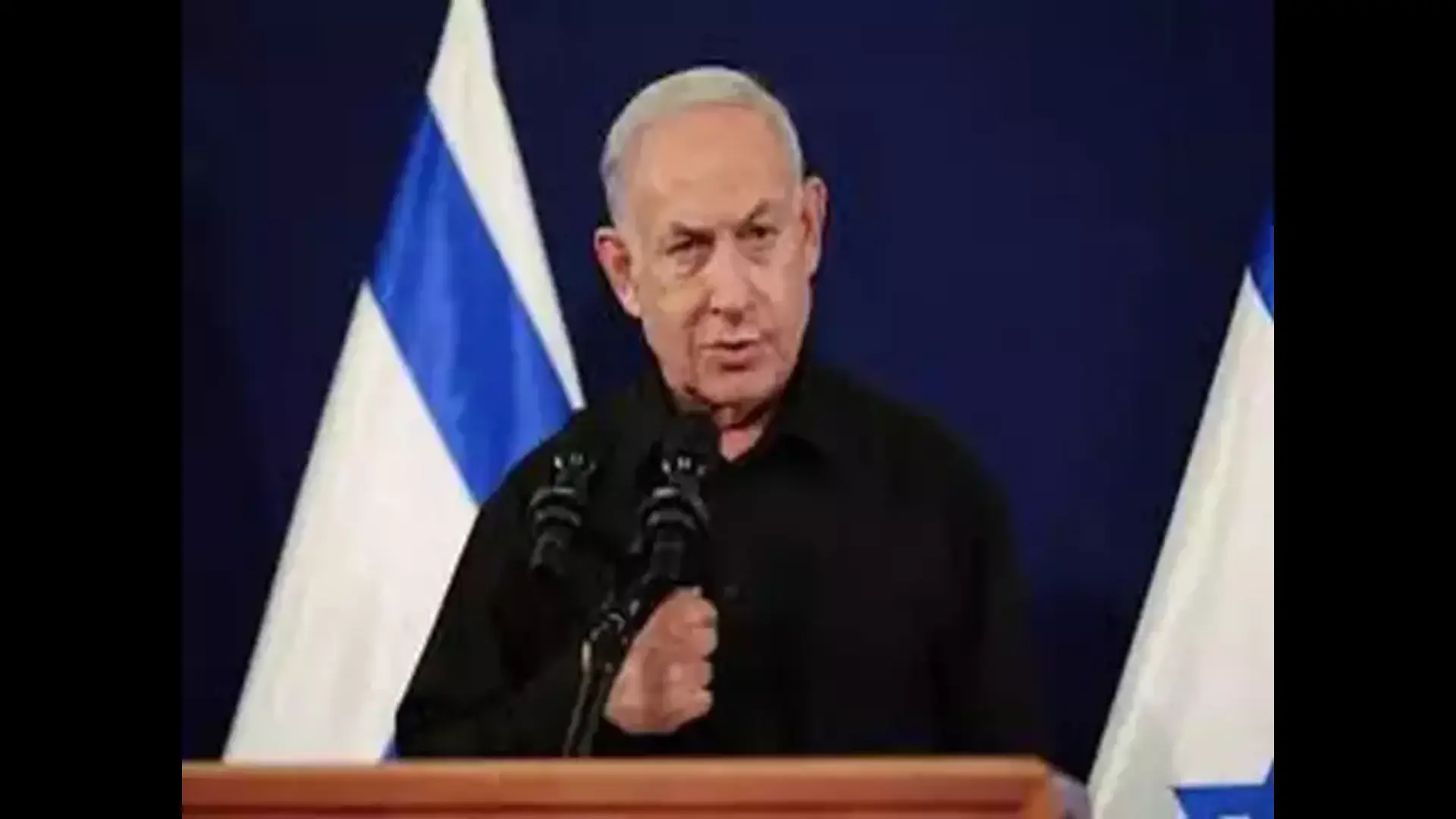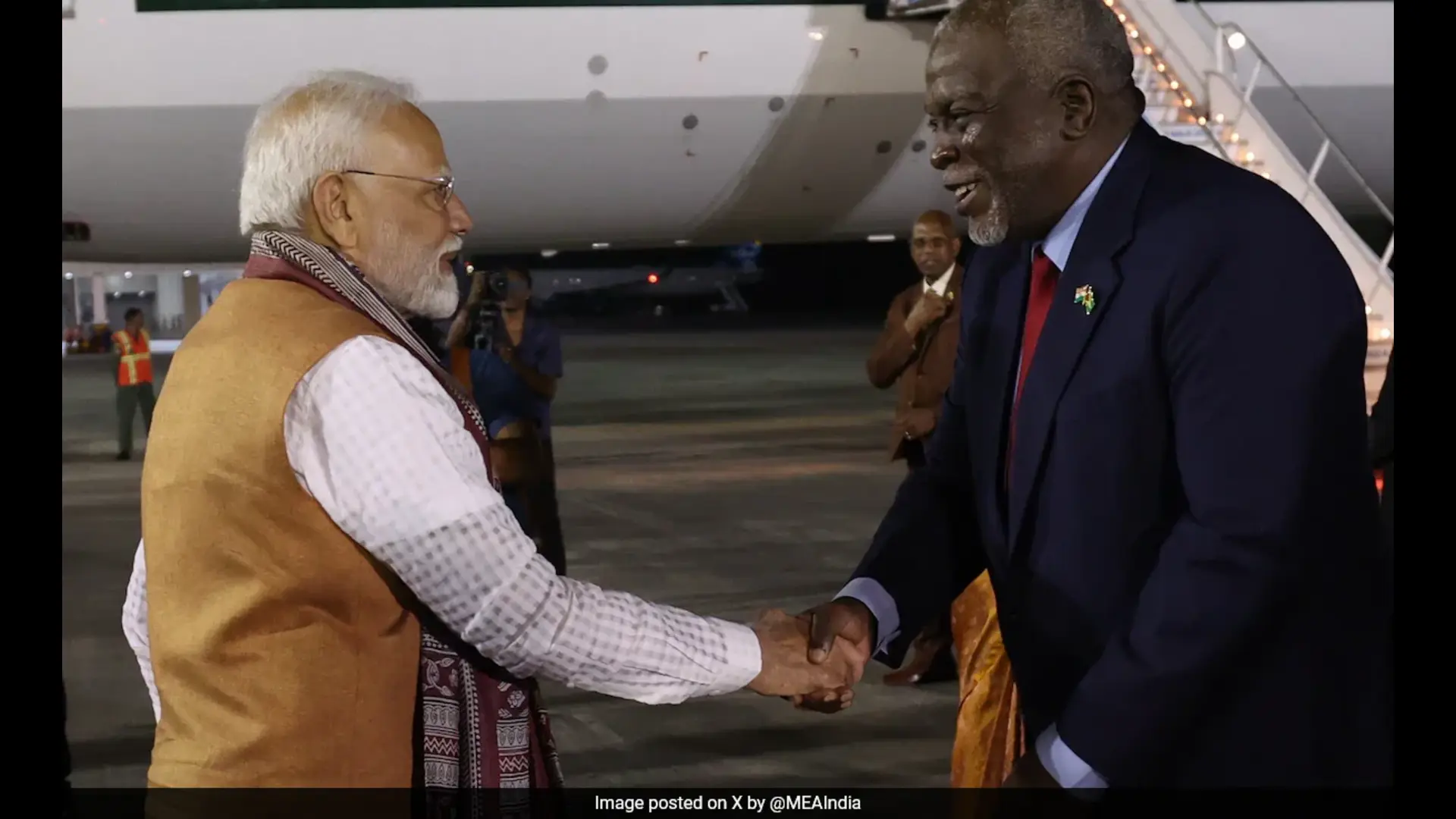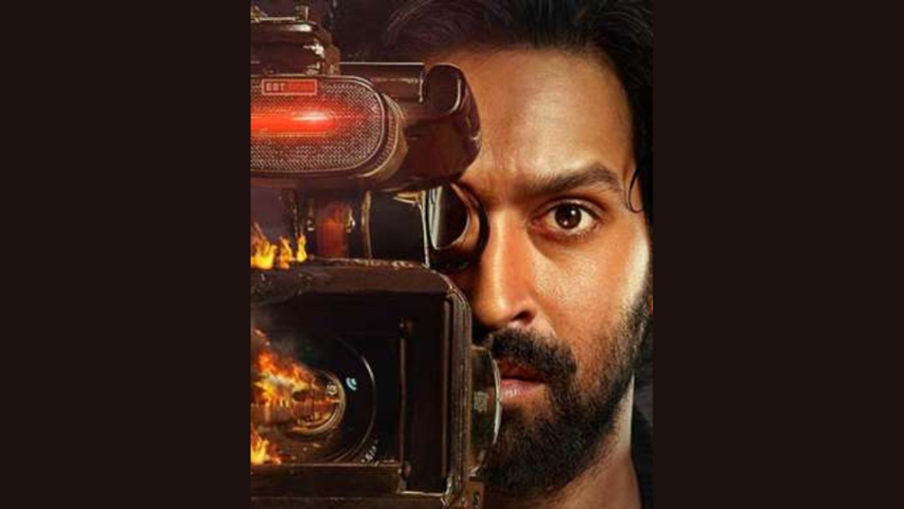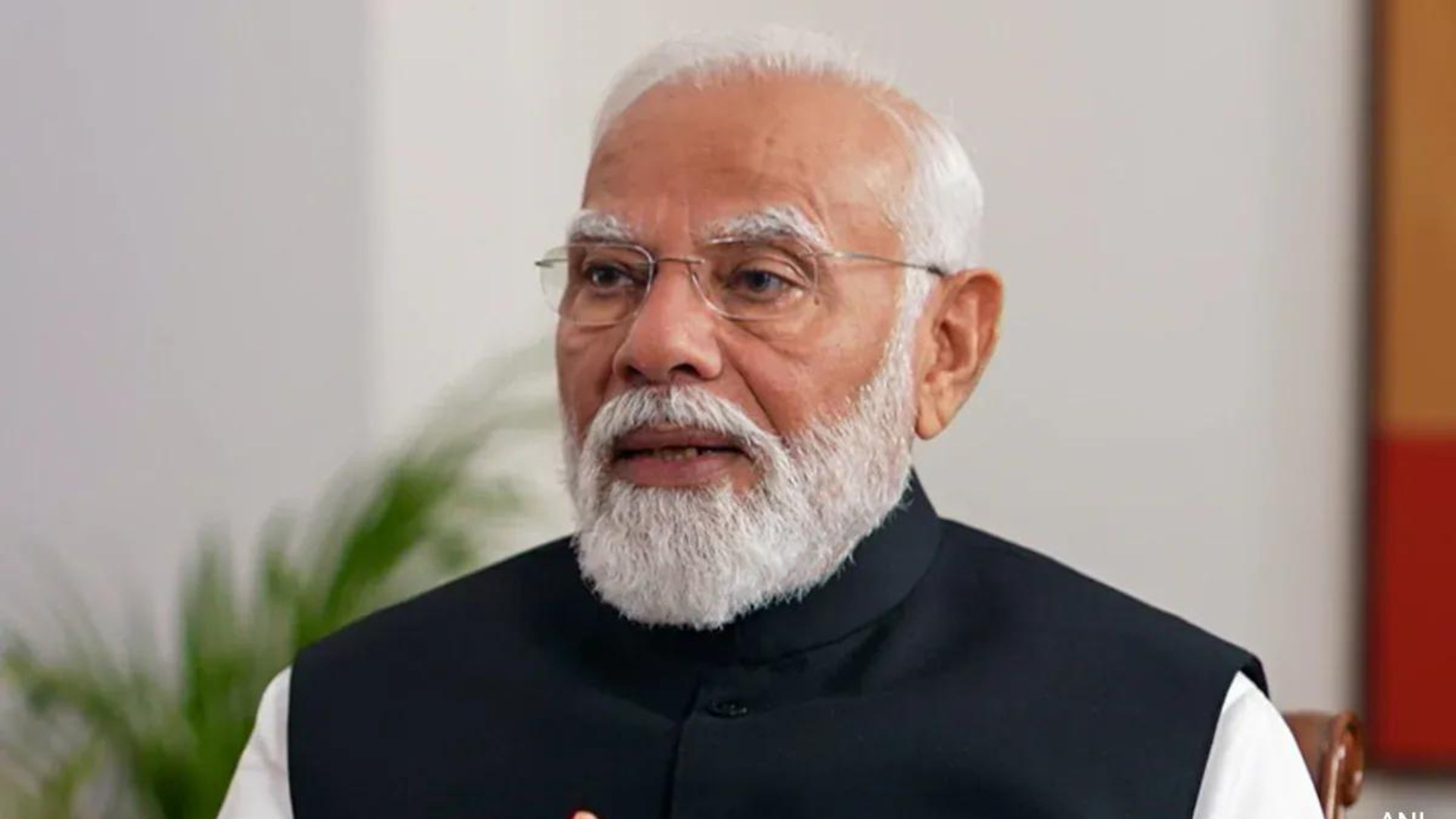
Prime Minister Narendra Modi marked the 49th anniversary of the 1975 Emergency with sharp criticism aimed at the Congress party, particularly lambasting their recent protest where they brandished copies of the Constitution.
Modi, in a social media post on platform X, emphasized the significance of remembering those who resisted the Emergency, describing it as a period when basic freedoms were severely undermined and the Indian Constitution was disregarded by the Congress.
Modi accused the Congress of hypocrisy, stating, “Those who imposed the Emergency have no right to profess their love for our Constitution.” He pointed out the Congress government’s actions during the Emergency, alleging suppression of dissenting voices and implementation of policies that were detrimental to the nation’s democratic fabric.
Prime Minister Narendra Modi tweets "Today is a day to pay homage to all those great men and women who resisted the Emergency. The dark days of Emergency remind us of how the Congress Party subverted basic freedoms and trampled over the Constitution of India which every Indian… pic.twitter.com/00Ry0E4cAP
— ANI (@ANI) June 25, 2024
Union Minister Shivraj Singh Chouhan echoed Modi’s sentiments, denouncing the Emergency as a dark phase in Indian democracy characterized by the stifling of freedoms and constitutional violations. Chouhan expressed admiration for the brave individuals who stood against the Emergency regime.
Union Health Minister JP Nadda criticized the Congress, citing the 1975 Emergency imposed by then Prime Minister Indira Gandhi. He emphasized how the Emergency undermined democracy and suppressed voices defending constitutional values. Nadda praised those who bravely resisted the Emergency, affirming his party’s commitment to protecting democracy.
June 25, 1975- this is the day the Congress Party's politically driven decision to impose a state of emergency shook the very pillars of our democracy and tried to trample over the Constitution given by Dr. Ambedkar.
During this period, those who today claim to be guardians of…
— Jagat Prakash Nadda (@JPNadda) June 25, 2024
In response to Modi’s remarks, Congress leader P Chidambaram highlighted the Constitution’s role in preventing future emergencies and criticized the BJP’s current governance.
Hon'ble Prime Minister said that
'Emergency reminds us to protect the Constitution'. Very trueI may add, the Constitution reminded the people to prevent another Emergency, and they voted to curtail the ambitions of the BJP
The people voted for the 18th Lok Sabha in such a…
— P. Chidambaram (@PChidambaram_IN) June 25, 2024
Shiv Sena MP Priyanka Chaturvedi also raised concerns over the “education emergency,” questioning Modi’s stance on issues affecting students.
PM Sir,
What about education emergency? Students are protesting the emergency imposed on their education and their future too, a word for them as well 🙏🏼 https://t.co/cIu4rx7xXt
— Priyanka Chaturvedi🇮🇳 (@priyankac19) June 25, 2024
During a recent Parliament session, MPs from the INDIA bloc staged protests holding copies of the Constitution, underscoring their commitment to upholding constitutional values. Rahul Gandhi, in a symbolic gesture, displayed the Constitution during PM Modi’s oath-taking ceremony as an MP, signaling dissent and invoking the legacy of resistance against authoritarian measures.
What Was Emergency?
The Emergency imposed by Prime Minister Indira Gandhi in India from June 25, 1975, to March 21, 1977, was a period marked by severe curtailment of civil liberties and political repression. Citing internal threats to stability and the need to maintain order, Gandhi suspended fundamental rights, imposed strict censorship on the press, and detained opposition leaders, activists, and journalists critical of her government under the Maintenance of Internal Security Act (MISA). The judiciary faced pressure to align with governmental directives, compromising its independence. However, widespread public protests, international condemnation, and electoral backlash led to the lifting of the Emergency in 1977. The subsequent elections saw Gandhi’s Congress party defeated, signaling a return to democratic governance and the restoration of civil liberties. The Emergency remains a contentious chapter in India’s history, with debates continuing over its necessity, impact on democracy, and lessons for governance.
Reasons For Imposing Emergency: Indira Gandhi cited economic instability, political unrest, and threats to public order as reasons for imposing the Emergency under Article 352 of the Constitution.
